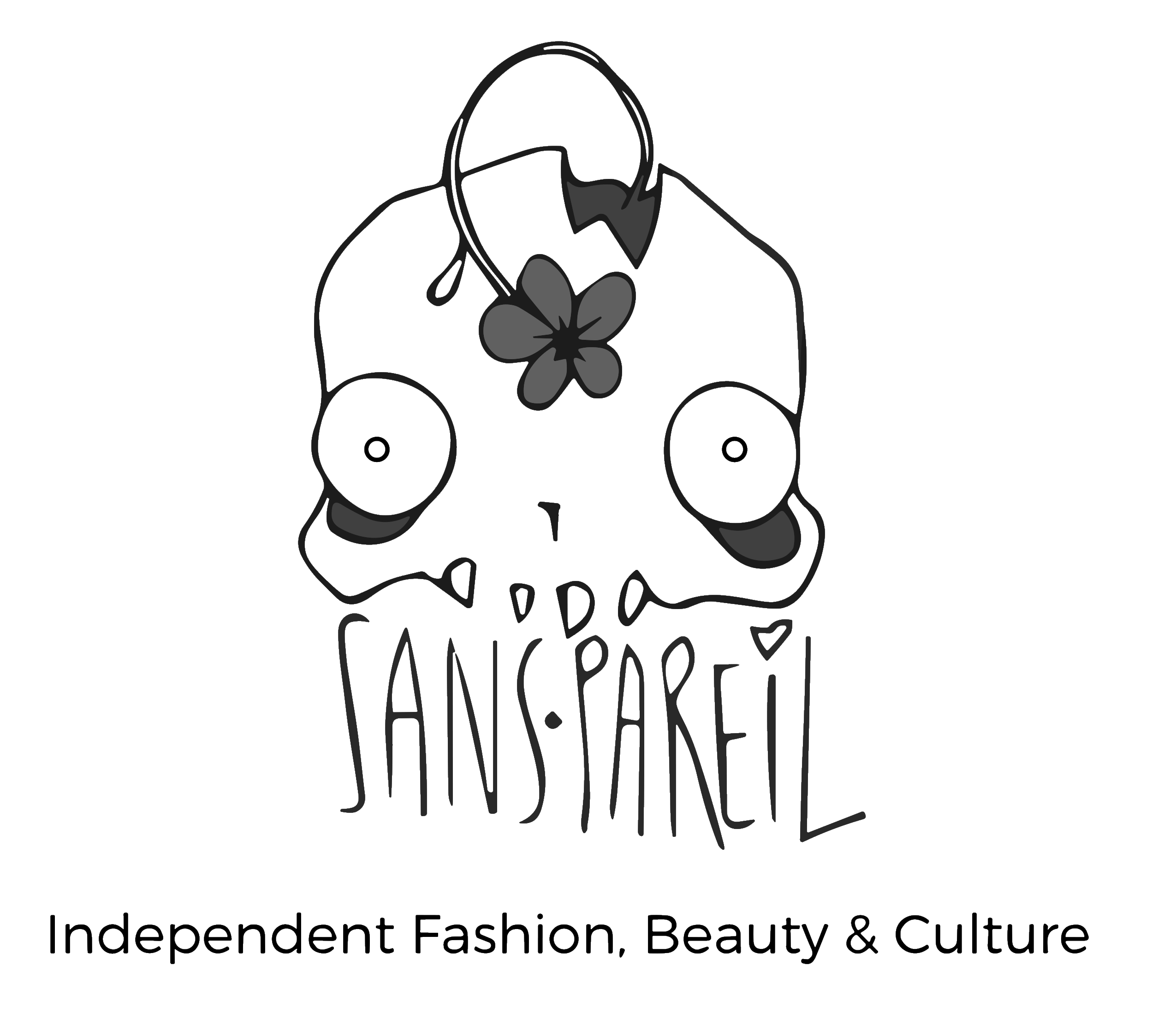By Sophie Beddoe
Unlike other Fashion Weeks, sustainability took centre stage in Copenhagen. From enforcing
minimum sustainability standards to promoting eco-friendly transportation and a thriving
thrifting culture.
Since 2020 Copenhagen Fashion Week requires each show-scheduled brand to use minimum
sustainability requirements. This is done to reduce negative impacts, accelerate industry
change and innovate their business model. Brands undergo rigorous screening, ensuring
compliance with 18 evolving standards covering smart material choices, working conditions,
strategic directions, show production, and consumer engagement. Examples include a
minimum of 50% sustainable materials in collections, a ban on destroying unsold clothes, and
zero-waste set design.
Copenhagen has set an inspiring example for fashion weeks globally, showcasing a
commitment to sustainable practices. We can’t wait to see other fashion events worldwide
following in their footsteps!



During last season’s London Fashion Week, a noticeable shift towards sustainable
transportation emerged, with more people opting for bikes and public transport to attend
shows and events. Unsurprisingly we saw this rise exceedingly at CPHFW. Taxis are a thing
of the past, everyone was cycling to Fashion Week this season.

CPHFW collaborated with local vintage stores and showrooms to celebrate the essence of
shopping local and second-hand. I had the pleasure of attending Quirky Lane and Studio
1455’s fantastic CPHFW events, immersing myself in the charm and sustainability of vintage
fashion. Those who spotted me at the Quirky Lane event can attest that I practically lived in
the fitting room – an incredible day for my wardrobe, though not as kind to my wallet!

